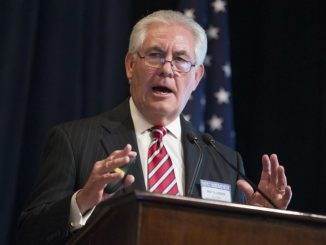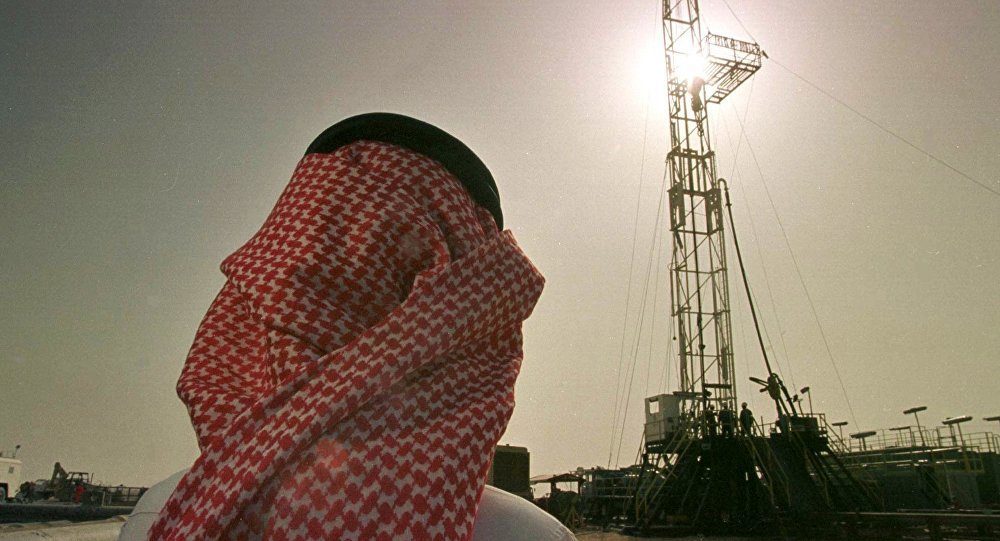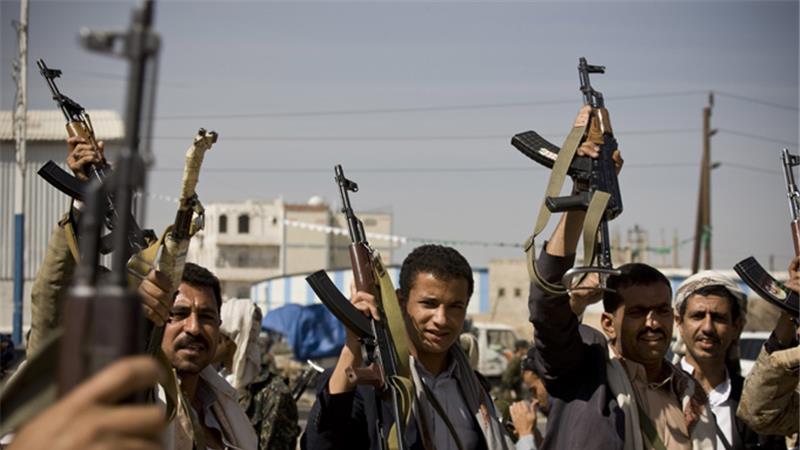
Houthi militia and pro-government forces exchanged 194 prisoners in Taiz in central Yemen on Saturday, the largest such swap to take place in the embattled city since the beginning of a civil war last year, local sources said.
The exchange of 118 Houthi militia and 76 pro-government fighters, will raise hopes that a ceasefire declared in April may be taking hold in Yemen’s third largest city after repeated violations by both sides.
The latest exchange has been brokered by local tribesmen and is not related to the UN-brokered peace talks in Kuwait taking place between the warring sides of the conflict.
In Kuwait, negotiators have made no significant progress other than a preliminary agreement to release some prisoners. Houthis had earlier announced the release of 187 prisoners. Saudi Arabia said in early June that it had freed 52 children.
The threat from an emerging common enemy may be galvanizing the two sides’ efforts to cooperate. Islamic State militants appear to be behind a rapid uptick in suicide attacks and al Qaeda fighters continue to hold sway over swathes of Yemen, which abuts Saudi Arabia.
Fighting between the Iranian-allied Houthis and supporters of the internationally-backed government of President Abd-Rabbu Mansour Hadi has eased in much of Yemen since they announced the truce before the start of U.N.-sponsored peace talks in Kuwait.
But the fighting has continued in Taiz, with neither side able to extend control over the entire city. A rocket attack there in early June killed 12 civilians and wounded more than 122 others after it hit a busy market.
Yemen Crisis
The conflict in Yemen has raged since March 2015 after the Houthis, a movement from the Zaydi branch of Shi’ite Islam, advanced on his temporary headquarters in Aden and forced president Hadi to flee to Saudi Arabia, and a Saudi-led alliance intervened to try to restore Hadi to power
The talks in Kuwait have made little progress toward ending the war, which has killed more than 6,200 people and displaced more than 2.5 million, causing a severe humanitarian crisis.
UN Special Envoy to Yemen Ismail Ould Cheikh had pushed the warring parties to release half of all detainees before the holy month of Ramadan.
The UN envoy has also frequently called on the warring parties to “make concessions in order to strike a comprehensive peaceful solution” to the conflict.
The ongoing peace talks on Yemen have failed to establish peace as delegations trade accusations of violation of a ceasefire agreement that took effect on April 11.
More than 14 million Yemenis, more than half of the country’s population, are in need of emergency food and life-saving assistance, according to a report this month by the United Nations and the Yemeni government.
Saudi Foreign Minister Adel al-Jubeir said on Thursday the kingdom now sought to prioritize fighting Islamic State and other militants in Yemen over its desultory arm-wrestle with the entrenched Houthi militia.



